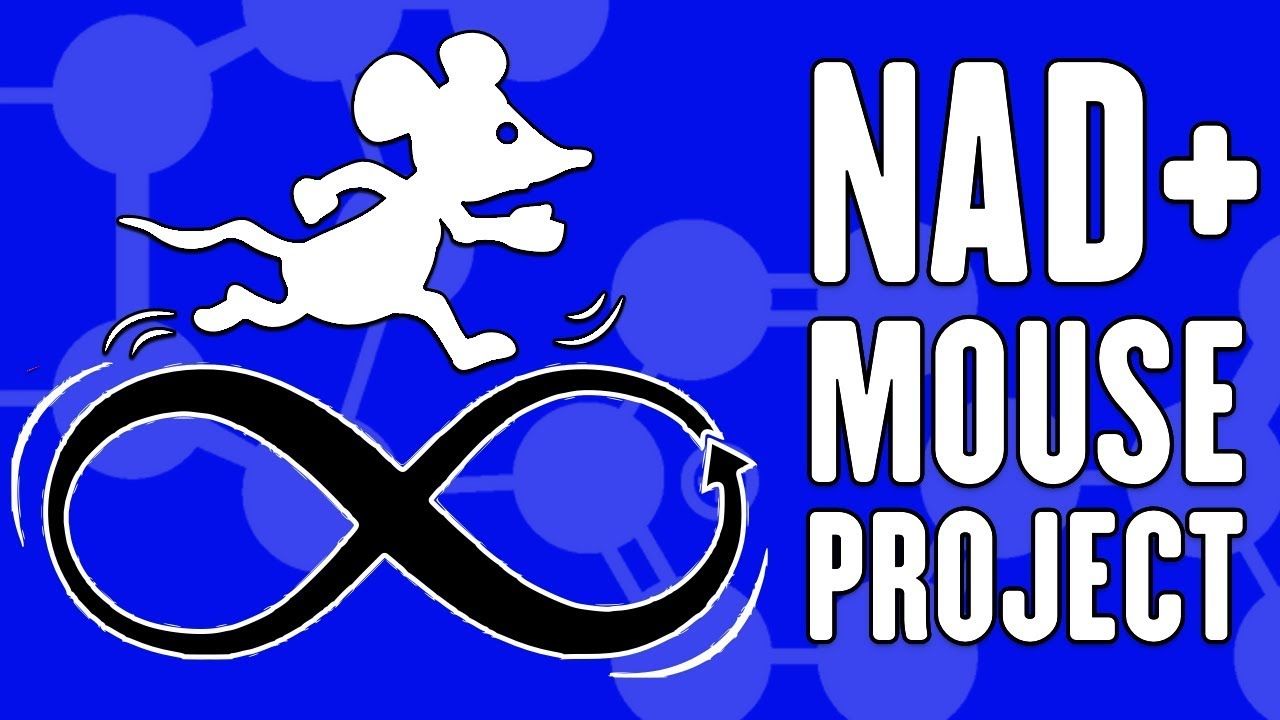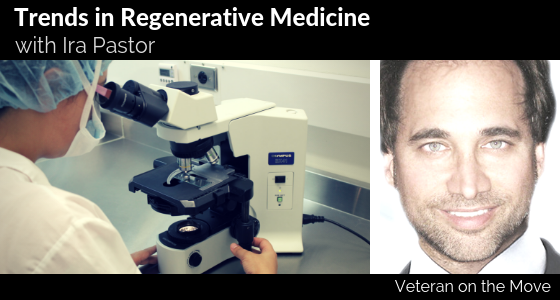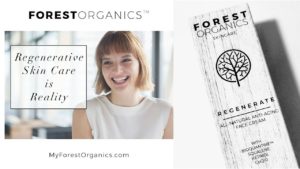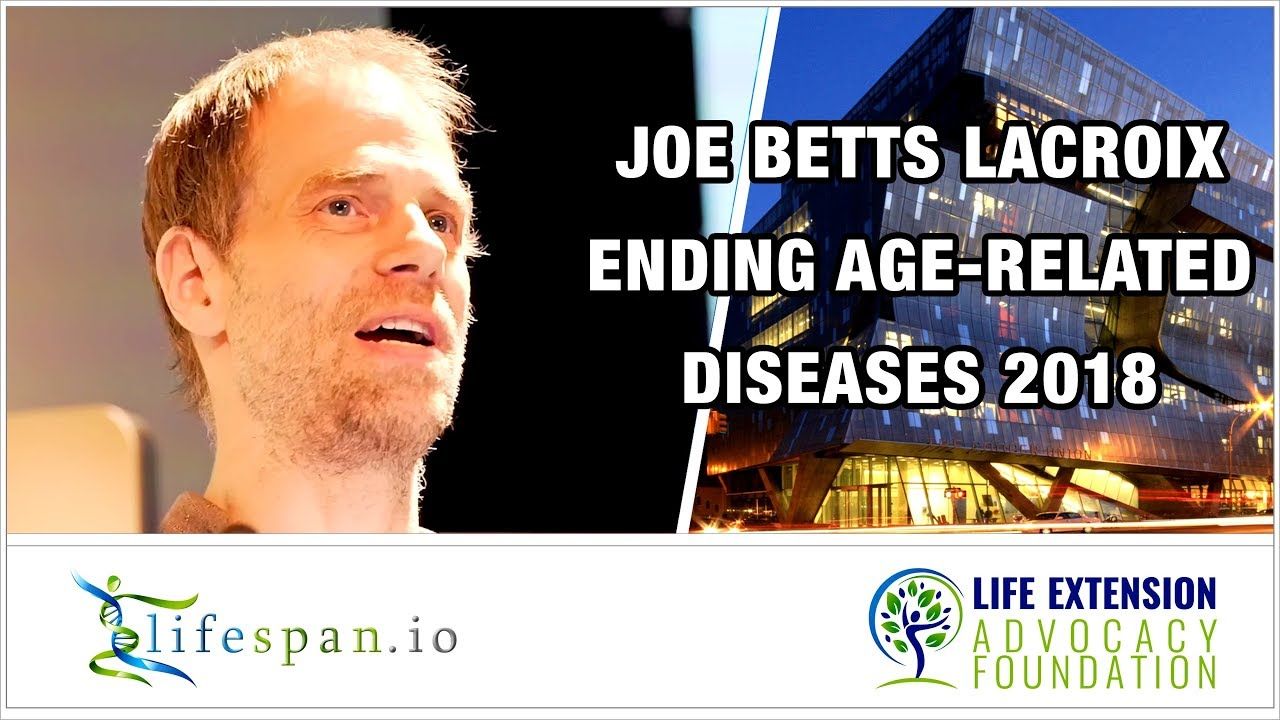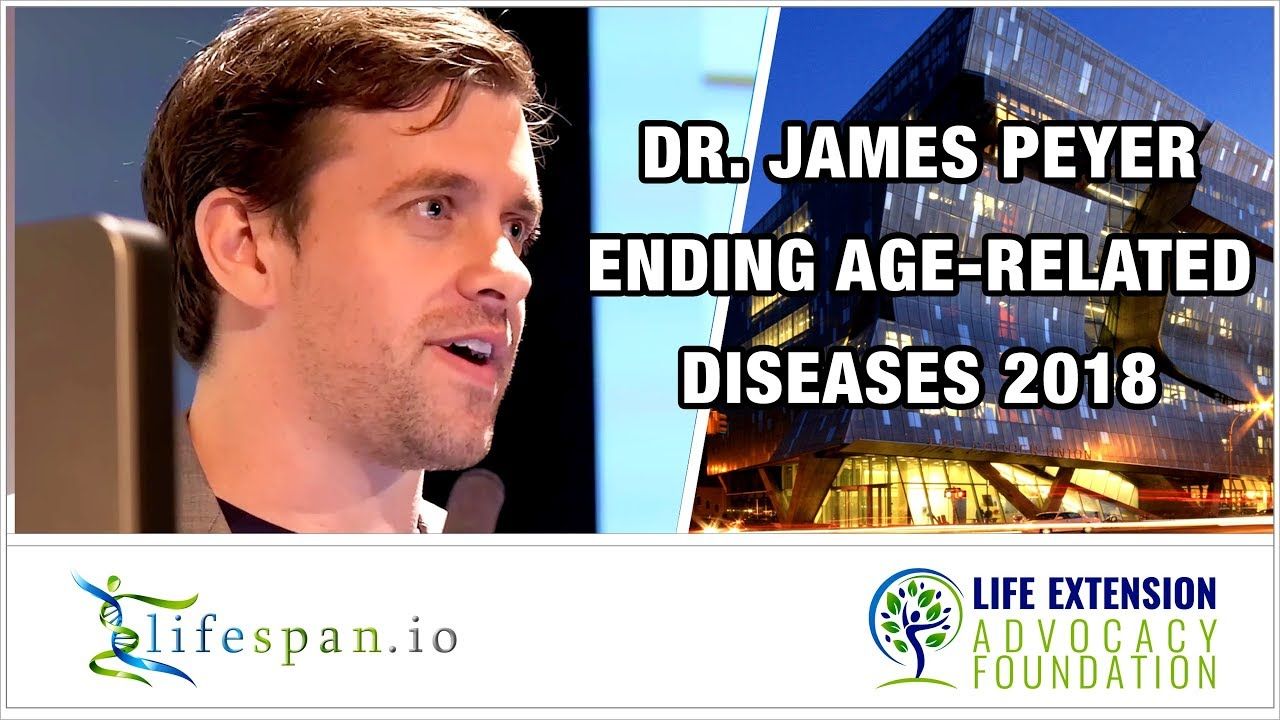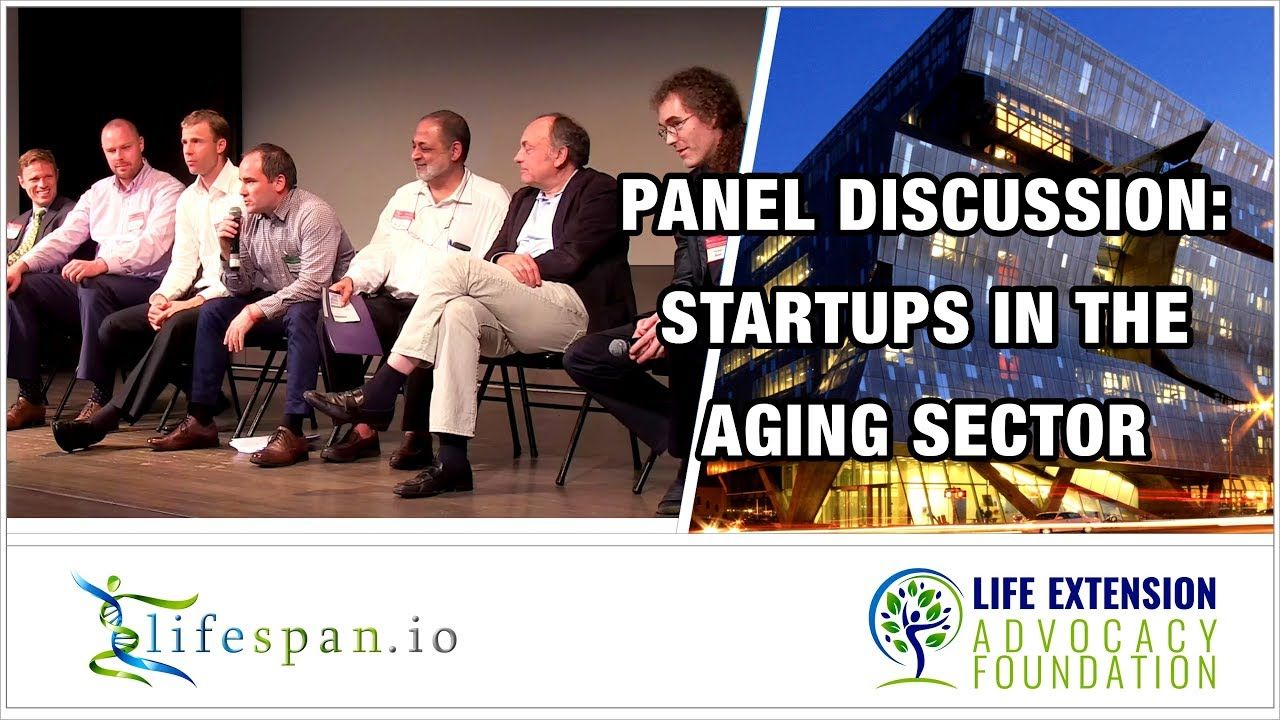Oct 22, 2018
Dr. David Sinclair AMA at Reddit Futurology
Posted by Steve Hill in categories: biological, life extension
In support of the NAD+ Mouse Project over at Lifespan.io, Dr. David Sinclair will be doing an AMA on Reddit Futurology Tuesday, October 23, 2018 from 11:00 – 12:00 AM EDT. Dr. Sinclair will be answering questions from the community about his work with NAD+ biology, Sirtuins, and why the NAD+ Mouse Project is important for aging research. To ask your question please visit the AMA thread on Reddit Futurology here.
For those not familiar with NAD+ biology we did the NAD+ World series recently which explores this area of the biology of aging. We also took a look at why NAD+ appears to decline as we age and what is one of the most likely reasons for this.
Continue reading “Dr. David Sinclair AMA at Reddit Futurology” »
